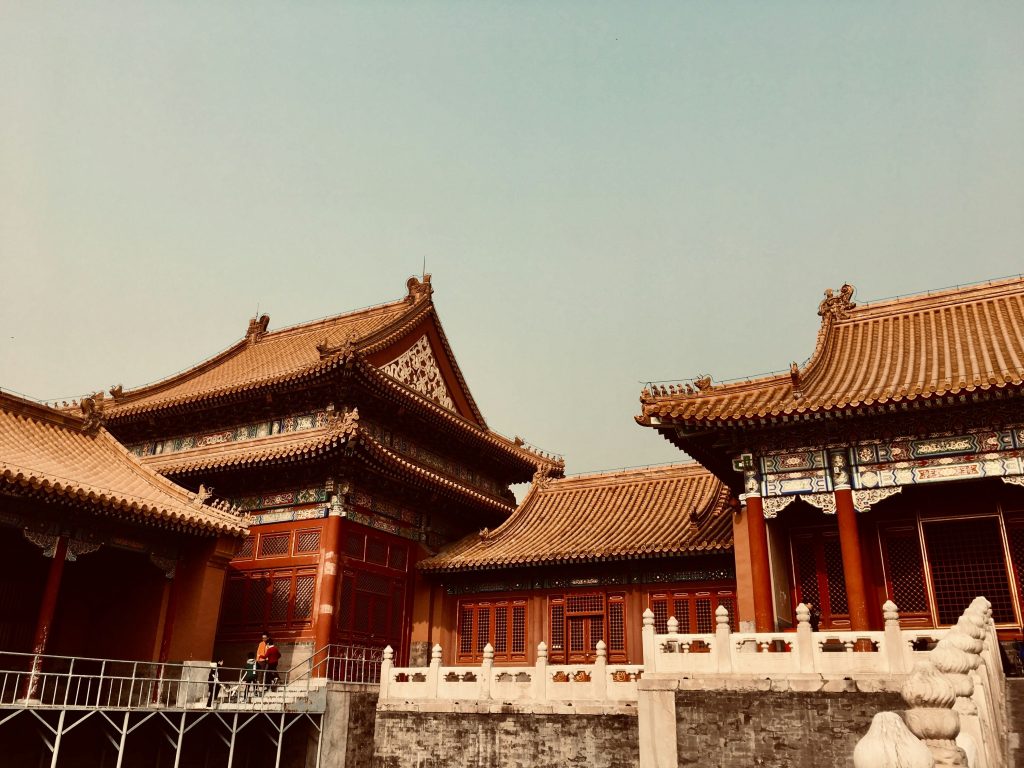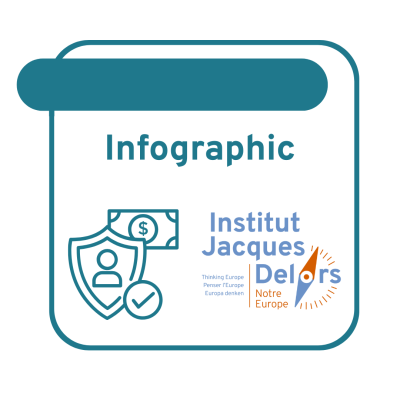How can the EU promote its economic interests with China?

This Policy Paper is a contribution of Agatha Kratz and Jonas Parello-Plesner (ECFR), to the project Think Global – Act European (TGAE). Thinking strategically about the EU’s external action directed by Notre Europe – Jacques Delors Institute (report available in May 2013, dir. Elvire Fabry, Senior Research Fellow, Notre Europe – Jacques Delors Institute).
Jonas Parello-Plesner, Senior Policy Fellow, European Centre for Foreign Relations (ECFR) and Agatha Kratz, Research Fellow for Asia Centre, for ECFR ? There are many areas in which the EU tries and wishes to promote its interests with a rising and increasingly powerful China. In the diplomatic field, for example, the EU has tried to include China on a number of fronts, with various degrees of success. Among these efforts are the EU’s attempt to involve China further in the resolution of the Syrian conflict, or the EU’s push for a firmer attitude from China on nuclear anti-proliferation, especially with regards to Iran and North Korea.
Nevertheless, as China and the EU grow increasingly dependent economically, economic interests have taken the lead, and are now central to EU action. At a time of economic hardship, especially in Europe, economic and financial issues matter more than ever, and Europe needs to redefine its strategy in order to promote its interests with China and ensure that both parties benefit from an increasingly close and diversified relationship.




